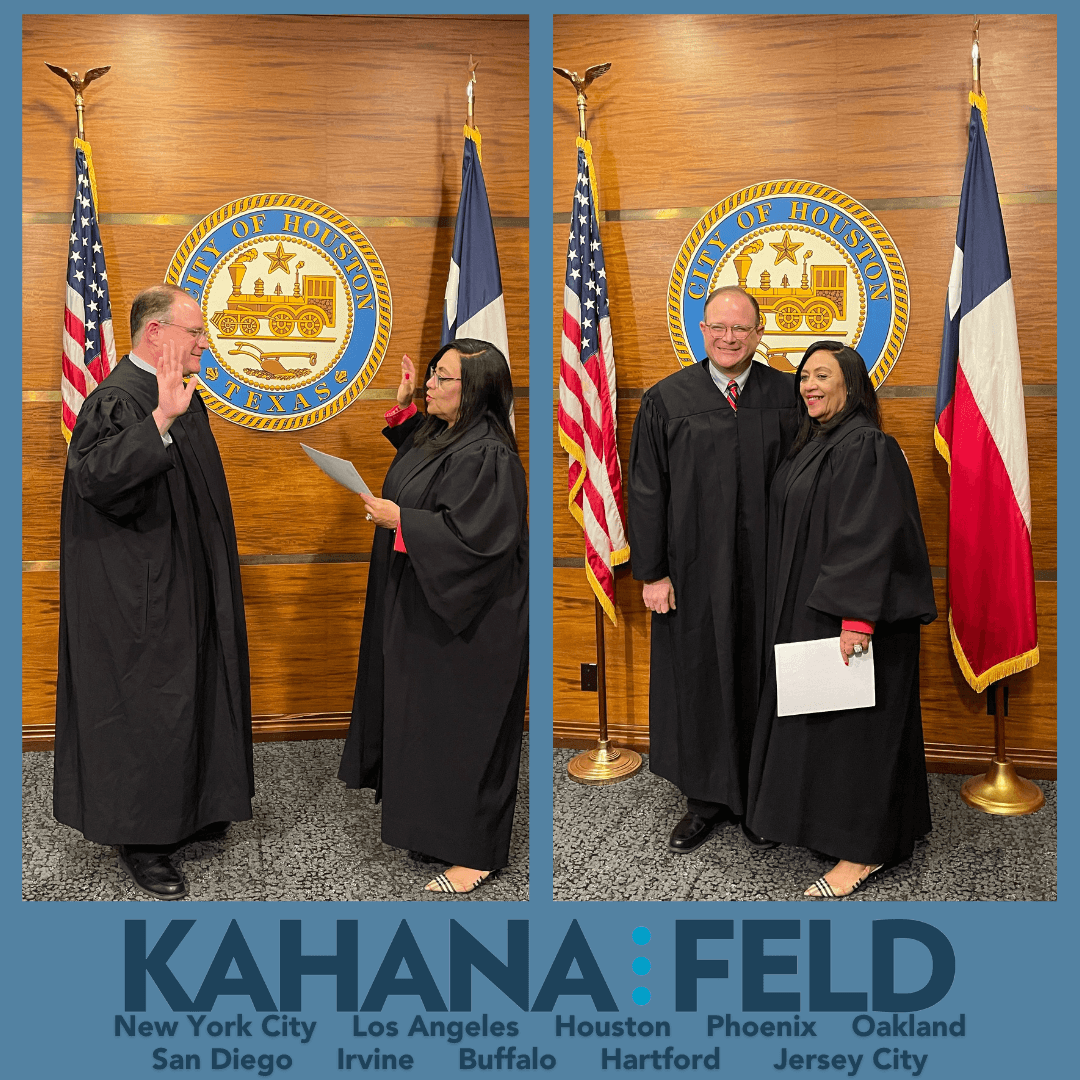The State of Texas has updated the conditions under which a landlord may collect a late fee for a tenant’s failure to pay rent under the State’s Property Code. Effective September 1, 2019, for leases that are new or renewed after that date, a landlord may not collect a late fee unless:
- notice of the fee is included in a written lease;
- the fee is reasonable; and
- any portion of the tenant’s rent has remained unpaid two full days after the date the rent was originally due. Texas Property Code Section 92.019.
The prior version of the statute defined “reasonable fee” as an estimate of uncertain damages to the landlord that is incapable of precise calculation and results from late payment of rent. The updated provisions define “reasonable fee” as the greater of:
- not more than 10% or 12% of the rental period, depending on the number of units in the structure; or
- not more than uncertain damages to the landlord that relate to the late payment of rent, including direct or indirect expenses, direct or indirect costs, or overhead associated with the collection of late payment.
Additionally, the statute further clarifies that landlords may charge an initial fee and a daily fee for any portion of unpaid rent, which are considered a single late fee. A landlord who violates this section could be liable to the tenant for $100, three times the amount of the late fee collected, and tenant’s reasonable attorney fees.
Tenants may request a landlord to provide a written statement of whether the tenant owes a late fee and the amount, though a landlord’s failure to provide such a statement does not affect the tenant’s liability.



